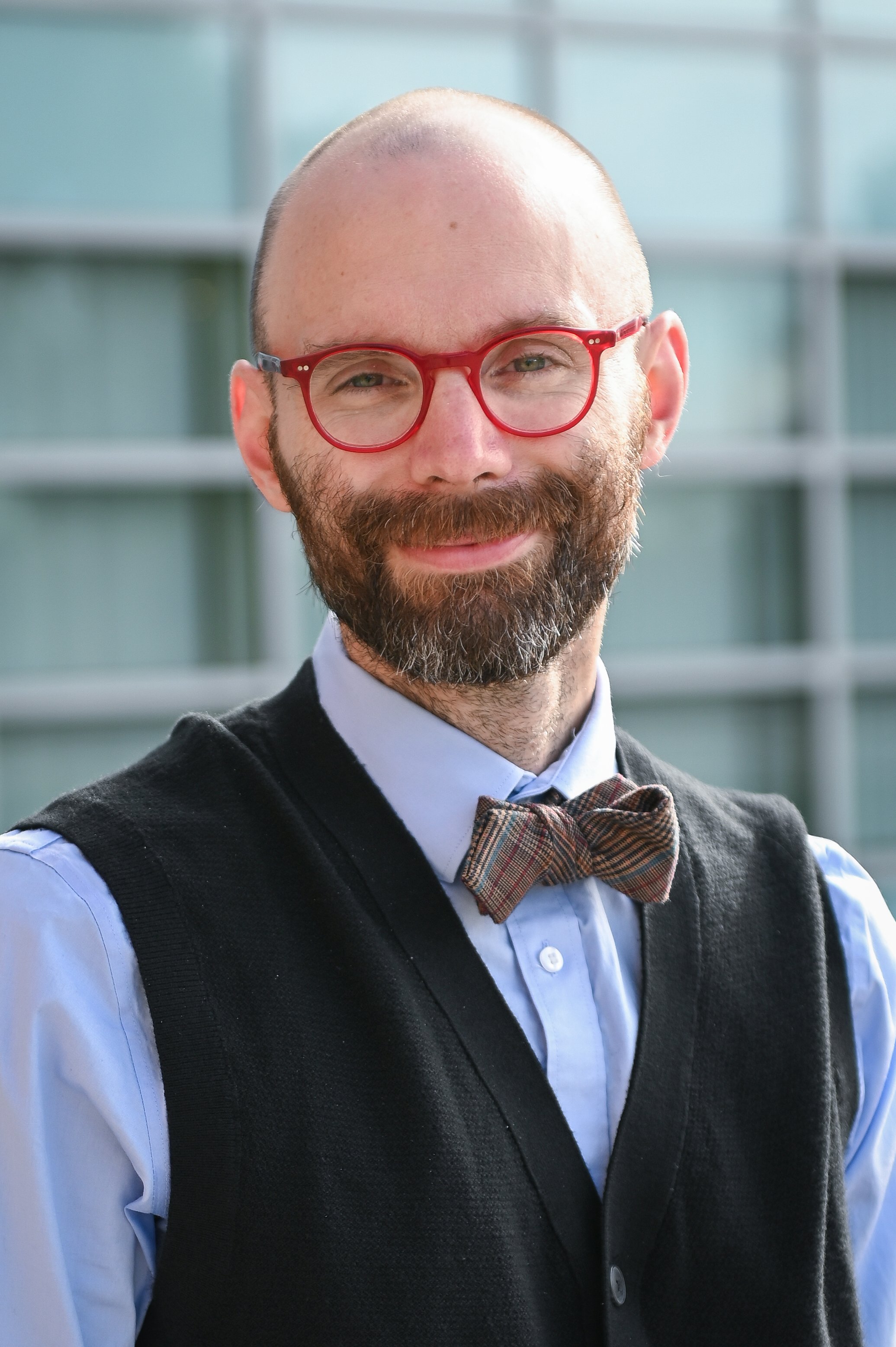Hackensack Epilepsy Center at Progressive Neurology is a group of specialized epileptologists who offer the full spectrum of diagnostic and treatment modalities for all types of seizures and epilepsy in all age groups.
If you or a loved one has had a seizure:
Experiencing a first seizure—whether personally or as the parent of a child—is often a frightening and overwhelming moment. The uncertainty, fear, and urgent need for answers can be deeply distressing. At Progressive, we understand how critical it is to evaluate a first seizure promptly and provide clarity, support, and expert care. Our team is committed to fast-tracking evaluations for new seizures, ensuring that you receive the attention and guidance you need without unnecessary delays. If you or your child has had a seizure, we encourage you to reach out to us immediately so we can help determine the cause, assess risks, and create a plan for the best possible care.
Our Epilepsy Program
We are active members of a Level IV Comprehensive Epilepsy Center. Dr. Connors serves as director of Epilepsy at Hackensack University Medical Center and Dr. Ghacibeh serves as co-director of epileptology at the Neuroscience Institute. Our center offers the full array of diagnostic and treatment approaches including medication management, epilepsy surgery, and clinical trials.
Meet Our Epileptologists
Services
Outpatient Consultations
We provide office visits for both pediatric and adult patients to diagnose and treat various forms of epilepsy. Our experts in epilepsy also offer second opinion consultations, especially when the diagnosis is uncertain or the condition complicated. We have the ability to perform diagnostic testing at the office and at home to help with the diagnosis and monitor treatment.
Inpatient Consultations
Our epileptologists are available at Hackensack University Medical Center and Pascack Valley Medical Center to provide inpatient consultations for a variety of neurological conditions, including seizures and epilepsy. We perform inpatient diagnostic testing, including Video-EEG monitoring and evaluations for epilepsy surgery.
Electroencephalogram (EEG)
EEG is the main test that physicians rely on to diagnose seizures. It requires the application of small sensors on the head to record the brain waves (electricity of the brain). There are several types of EEGs.
-
Short EEGs vary in duration between 20 minutes and several hours and can be performed either at the office or at the hospital. Although they provide limited information, they can be helpful in some cases.
-
Video-EEG monitoring is the gold standard for diagnosing seizures. It consists of simultaneous recording of audio, video, and EEG, for a prolonged duration. The test can be performed at home (Ambulatory Video-EEG) or in the hospital (Inpatient Video-EEG).
An Ambulatory Video-EEG (AVEEG) is typically performed over 24 to 72 hours using portable equipment that is carried home after the initial set up at the office, then returned to the office at the end of the study. Although an AVEEGs has limitations, it has the advantage of recording the brainwaves while you are in your natural home environment. Click on the links for information about preparing and performing the test. We also ask you to fill out a diary of events that helps the physician interpret the study.
Inpatient Video-EEG offers many advantages over AVEEG, but requires you to be admitted to the hospital for one or more days. During the admission, sometimes the physician may decide to reduce or stop your anti-seizure medications to increase the chances of capturing a typical seizure. Inpatient Video-EEG is sometimes necessary to help diagnose your condition, and is an essential part of the evaluation for epilepsy surgery. Inpatient Video-EEGs are performed in a dedicated unit at the hospital called the Epilepsy Monitoring Unit (EMU). We are fortunate to have access to an adult and pediatric level IV epilepsy center at Hackensack University Medical Center certified by the National Association of Epilepsy Centers.
Epilepsy Surgery
When medications alone aren’t sufficient to control seizures, epilepsy surgery can be considered to help improve seizure control. Through our partnership with very talented and experienced neurosurgeons, we offer various types of surgical treatments. Those include standard epilepsy surgery where the the part of the brain responsible for causing seizures is identified and removed, to more advanced brain stimulation techniques.
Neurostimulation
Three types of devices are currently approved for the treatment of epilepsy,: Vagus Nerve Stimulation (VNS), Deep Brain Stimulation (DBS), and Responsive Neurostimulation (RNS). At Hackensack Epilepsy Center, we are proud to offer all three options. Although each of the three devices work differently, they can all help reduce the burden of seizures. We work closely with our neurosurgeon colleagues to decide which device is most appropriate for each individual patient.










